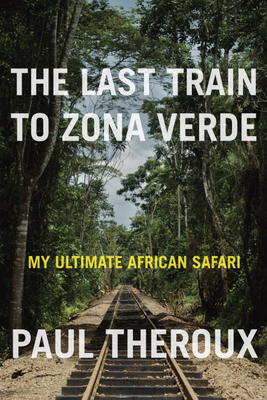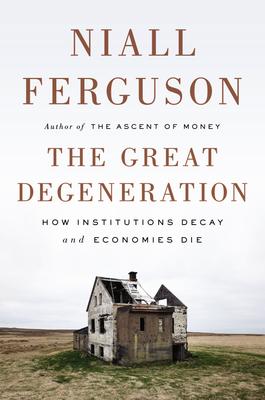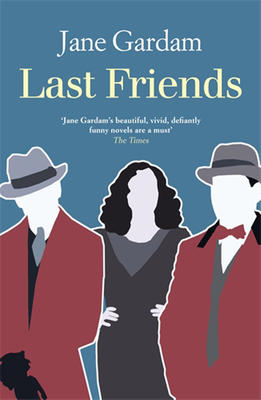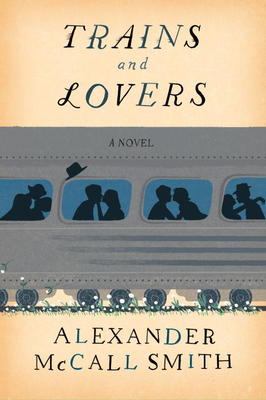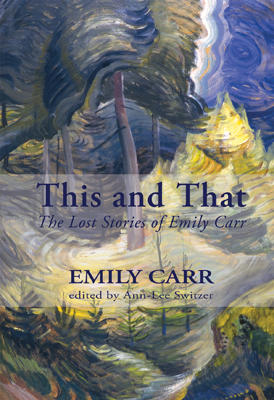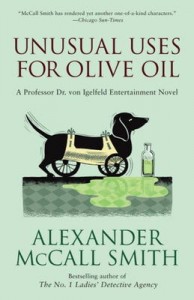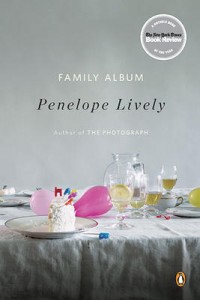 Reading this new book by Michael Ignatieff is almost like going through another election with him, and watching him lose: nerve-wracking – and particularly because once again his charm and honesty come through but not much political know-how.
Reading this new book by Michael Ignatieff is almost like going through another election with him, and watching him lose: nerve-wracking – and particularly because once again his charm and honesty come through but not much political know-how.
Ignatieff had an international reputation as journalist, historian, and intellectual in both the UK and the U.S. when he was approached in 2009 to run in Canada as leader of the Liberal Party. He said then and now that he always felt Canadian, even though he had lived the best part of 30 years outside the country. He had strong roots here for generations back, when people on both his mother and father’s side had served as distinguished Canadians.
In his first election in Canada, the Conservatives got into power.
As Andrew Cohen points out in a review in The Ottawa Citizen, Ignatieff did not wait long enough, learning the ropes of politics, before calling an election. The attack ads against him were ferocious. Ignatieff lost badly, and went back to lecturing, and putting together this book. Another Canadian journalist, Paul Wells, notes that Ignatieff never really learned the lesson of politics preferring “a set of mystic hunches…Fire and Ashes is a charming book, frank and funny. But politics remains a perfect mystery to Ignatieff” he writes in Maclean’s.
Ignatieff does say interesting things about politics in other countries as well as Canada: the UK, U.S., and Peru. From beginning to end, he is a first-rate writer, and this book is well worth reading.
Review by Anne McDougall
